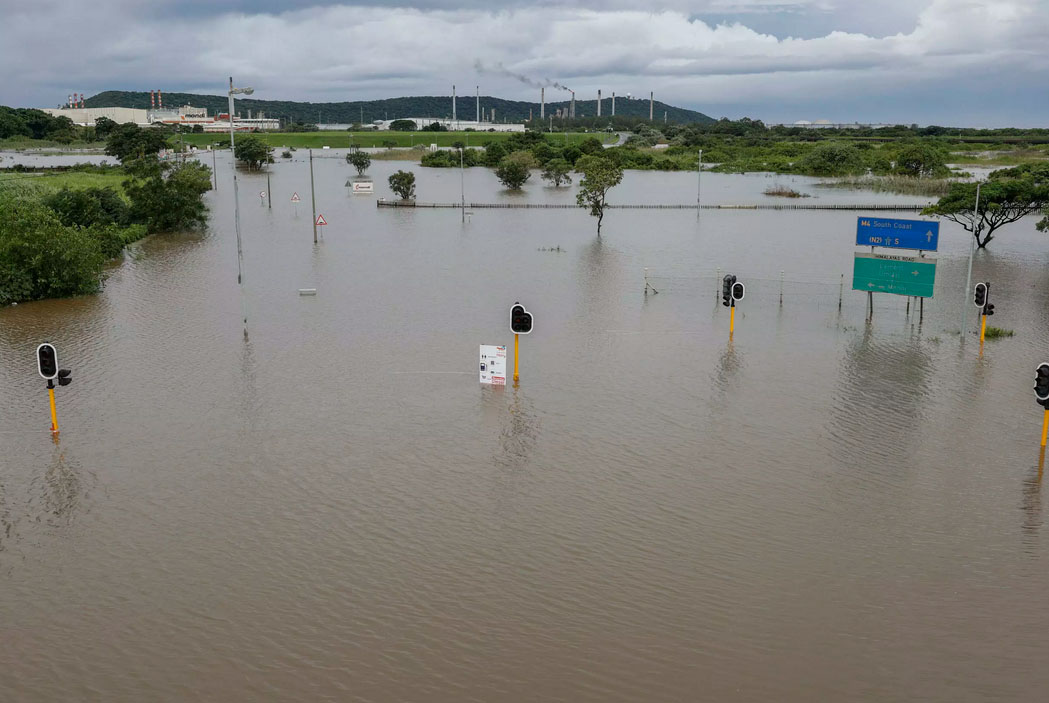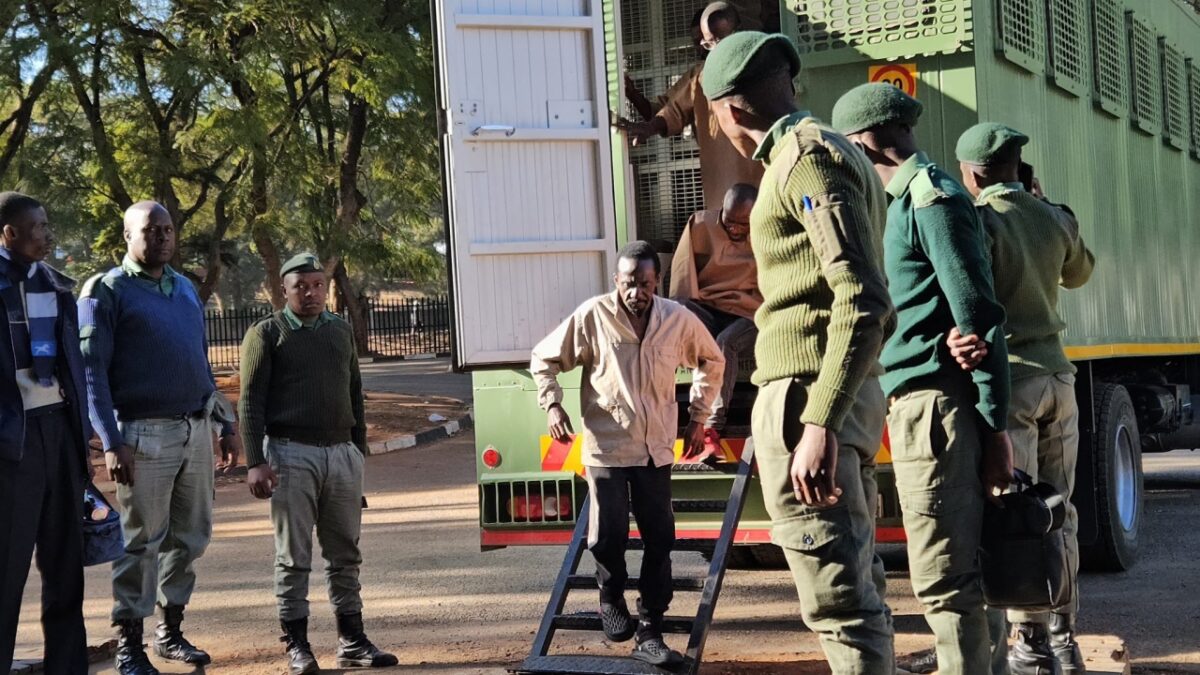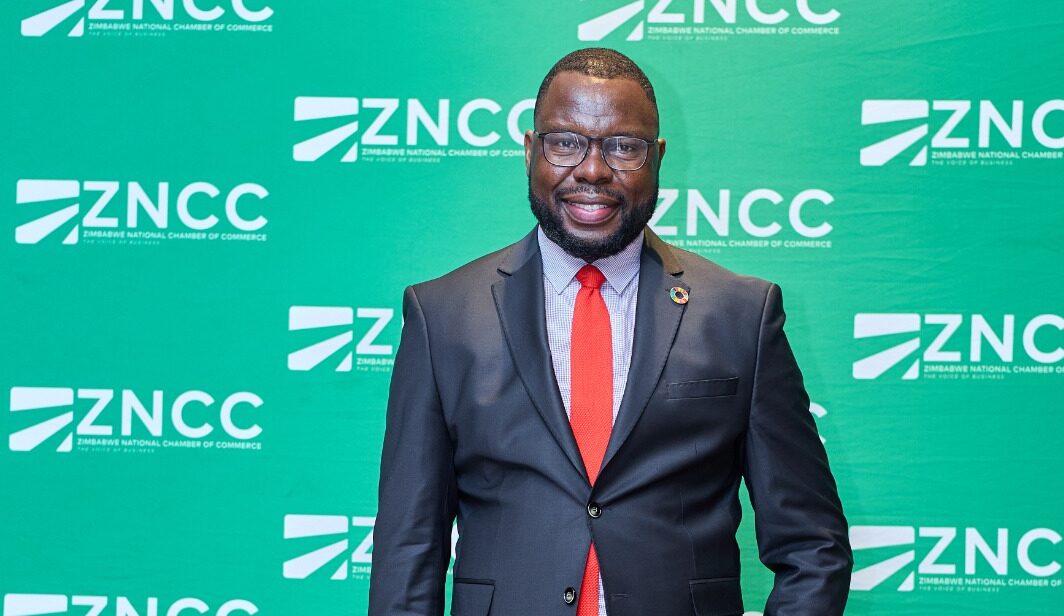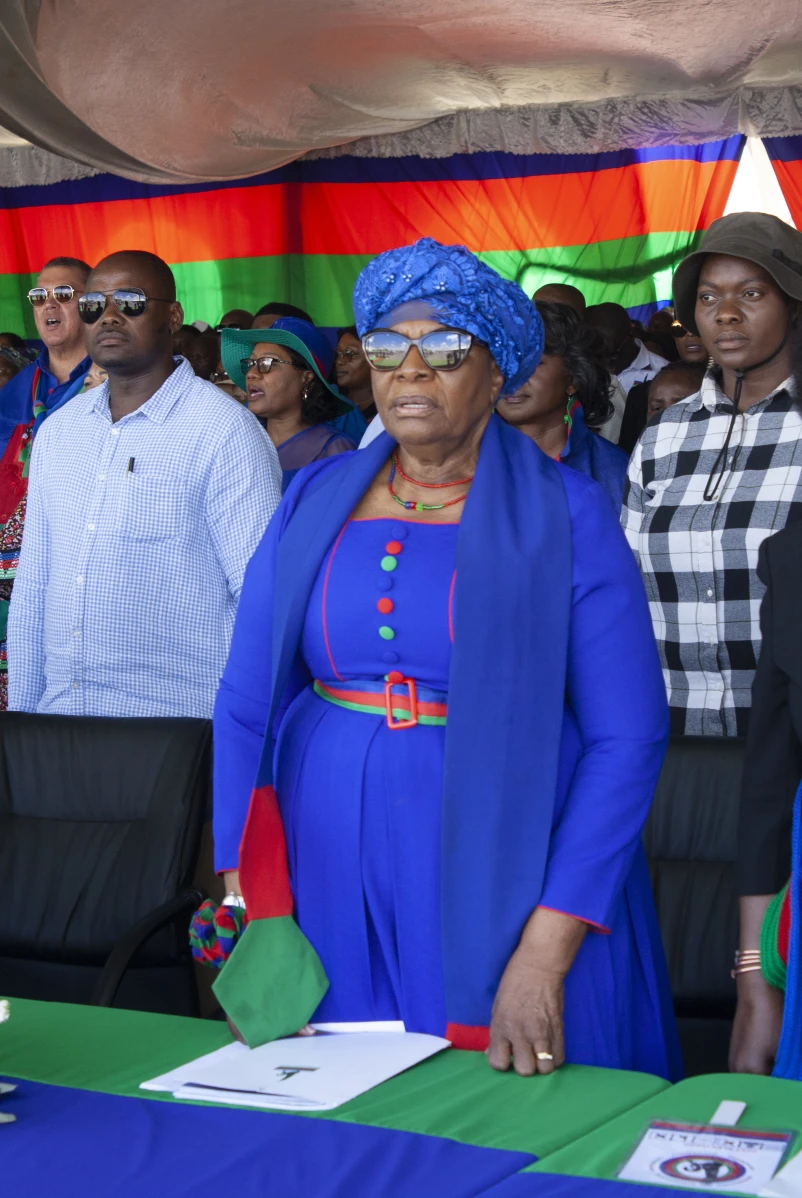DURBAN, South Africa – President Cyril Ramaphosa pledged to help victims of devastating floods on South Africa’s east coast on Wednesday, as the death toll rose to 259 people from heavy rains that ruined roads and disrupted shipping in one of Africa’s busiest ports.
Ramaphosa was visiting families who had lost loved ones in KwaZulu-Natal province, including a family with four children, after floods and mudslides ravaged homes on Tuesday.
Residents on Wednesday started sifting through the remains of shattered homes after floods and landslips.
A lull in the rain saw residents begin clearing debris from roads and fill up holes left by raging waters to allow cars to pass.
Schools not affected by the floods re-opened Wednesday but few students turned up. A teacher at a primary in Durban’s Inanda suburb said only two of 48 pupils reported for classes.
Parts of the province received more than 300 millimetres of rain on Monday, the heaviest one-day downpour in over 60 years, the South African Weather Service said.
“Some areas in KwaZulu-Natal have received more than double the maximum rainfall recorded during previous record rainfalls,” the agency’s spokeswoman, Hannelee Doubell, told AFP.
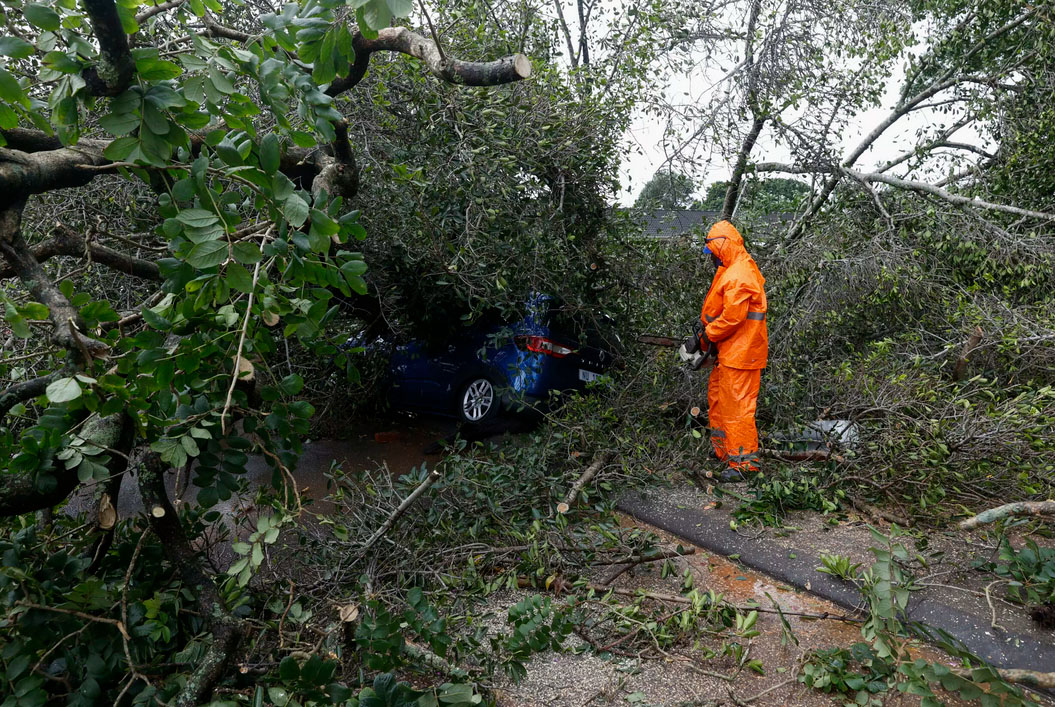
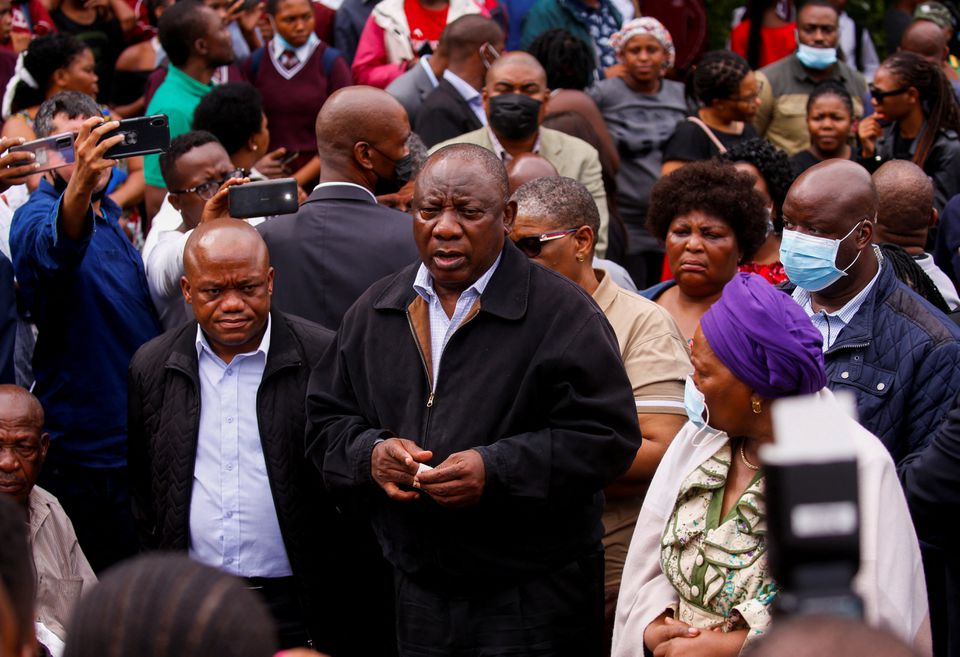
Africa’s southeastern coast is on the front line of seaborne weather systems that scientists believe global warming is making nastier – and predict will get far worse in decades to come.
“You’re not alone…We’ll do everything in our power to see how we can help,” Ramaphosa said. “Even though your hearts are in pain, we’re here for you.”
Nonala Ndlovu, the chief director of the Department of Cooperative Governance for KwaZulu-Natal, said police had now confirmed 259 dead and many were still missing.
South Africa’s northern neighbour Mozambique has suffered a series of devastating floods over the past decade, including one last month that killed more than 50 people and injured 80.
“You’re battling one of the biggest incidents we’ve seen and we thought this only happens in other countries like Mozambique or Zimbabwe,” Ramaphosa said.
A report by the Intergovernmental Panel on Climate Change (IPCC) in February warned that humanity was far from ready even for the climate change that is already baked into the system by decades of fossil fuel-burning and deforestation. It urged the world to ramp up investments in adaptation.
South Africa’s biggest logistics and freight operator Transnet, which runs the port of Durban, gradually resumed operations there on Wednesday after suspending them on Tuesday, the public enterprises ministry said.
Days of driving rain flooded several areas, tore houses apart and ravaged infrastructure across the city, while landslides forced train services to be suspended across the province.
The rains flooded highways to such depths that only the tops of traffic lights poked out, resembling submarine periscopes.
Torrents tore several bridges apart, submerged cars and collapsed houses. A fuel tanker floated at sea after being swept off the road.
Several stacked shipping containers fell like dominoes and lay strewn round a yard, while some spilled onto a main road in the city, one of southern Africa’s largest gateways to the sea.
More than 2,000 houses and 4,000 “informal” homes, or shacks, were damaged.
Rescue operations, aided by the military, evacuated people trapped in the worst-affected areas.
The city had only just recovered from July’s rioting which saw shopping malls looted and warehouses set on fire, in South Africa’s worst unrest since the end of apartheid.
After TV footage showed people stealing from shipping containers, the provincial government condemned “reports of the looting of containers” during the flooding.
“We know it’s climate change getting worse, it’s moved from 2017 with extreme storms to supposedly having record floods in 2019, and now 2022 clearly exceeding that,” University of Johannesburg development studies professor Mary Galvin said.

